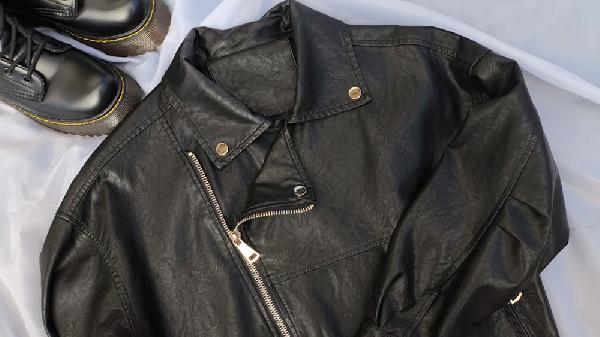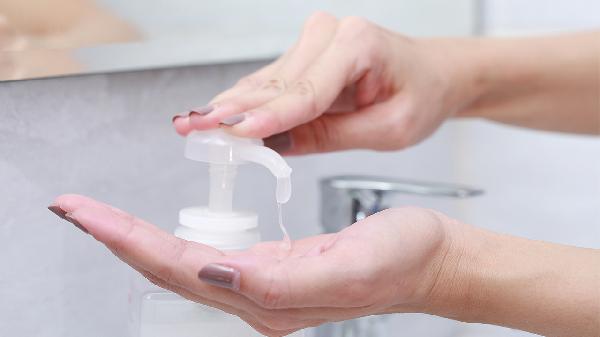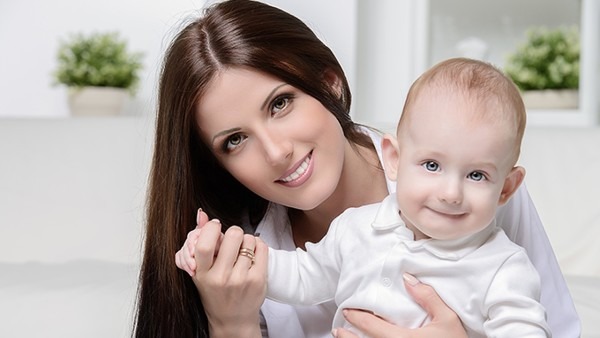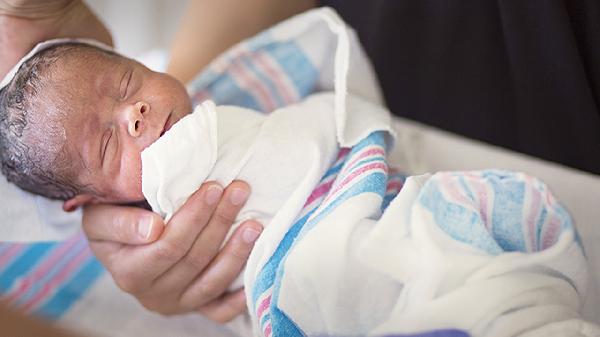Some newborns cry, fuss, and scratch their faces with their hands, often leaving streaks of scratches on their faces with their sharp nails, sometimes even causing bleeding and inflammation. Why do newborns scratch their faces? It turns out that many newborns develop small red rashes on their faces, which sometimes ooze fluid. These rashes become redder after feeding or crying, a condition commonly known as "infant eczema." Eczema is very itchy, and the itchiness worsens when the body heats up, making it easy for the baby to scratch their face.
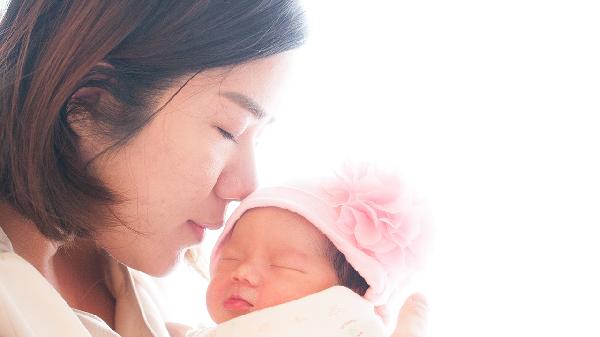
Some mothers, to prevent their babies from scratching their faces, often sew small cloth bags to use as gloves on the baby's hands. Occasionally, after wearing these "gloves," some babies may cry for no apparent reason, refuse to eat, and when the gloves are removed after a day or two, it might be discovered that a fingertip has turned black and necrotic. This happens because, normally, fingers are constantly moving, and after wearing the gloves, the fingertips may get entangled in the cloth threads, causing pain and making the baby cry. The threads can get tighter, compressing the blood vessels and causing local ischemia, leading to necrosis of the finger within a few hours, and in some cases, even infection and osteomyelitis. This is a very dangerous situation and should never be done. If ischemia and necrosis of the finger are detected, the cloth should be immediately cut to relieve the pressure. In the early stages, procaine can be used for a ring block at the base of the finger. The tip of the finger should be wiped with 75% alcohol twice daily. Antibiotics should also be used to prevent infection. If the finger has already turned necrotic, black, and dry, the same method should be applied. After the necrotic part falls off, it should be wrapped with Vaseline gauze to wait for granulation and epithelial growth to heal naturally. Alternatively, the necrotic finger can be surgically removed at the hospital, and the skin at the end can be sutured.
As can be seen, wearing gloves is not a good solution. The fundamental approach is to treat the eczema. Eczema can be treated by applying adrenal cortical hormone ointment or eczema cream locally. If there is a lot of oozing, boric acid or nitrofurazolidone liquid can be used for wet compresses. Usually, the baby's nails should be kept short, and the room temperature should not be too hot. The baby's arms can also be wrapped in a swaddle or the sleeves can be lengthened. If gloves are used, the edges should be sewn properly to avoid exposing the threads. At the same time, it is important to frequently change the baby's clothes, wash their face, and bathe them to fundamentally reduce the chances of eczema.


